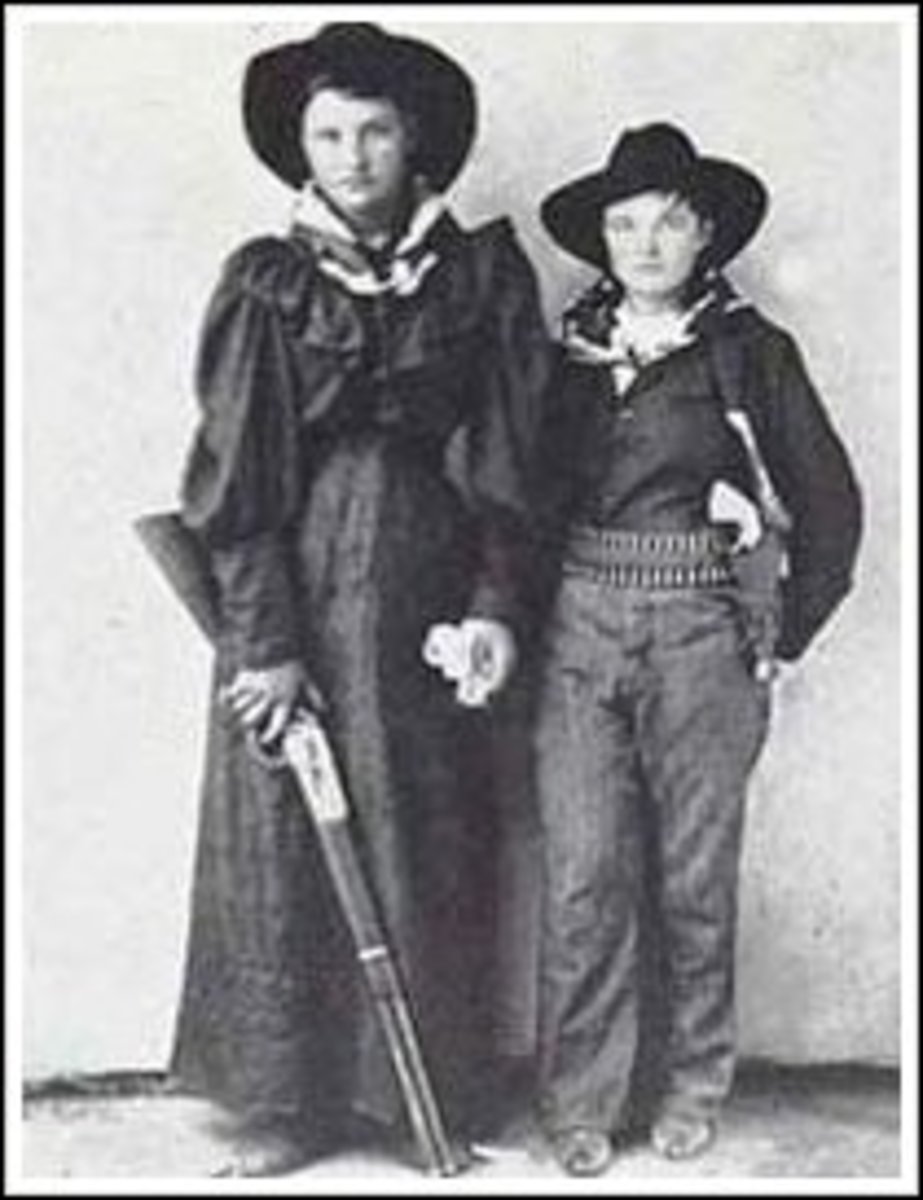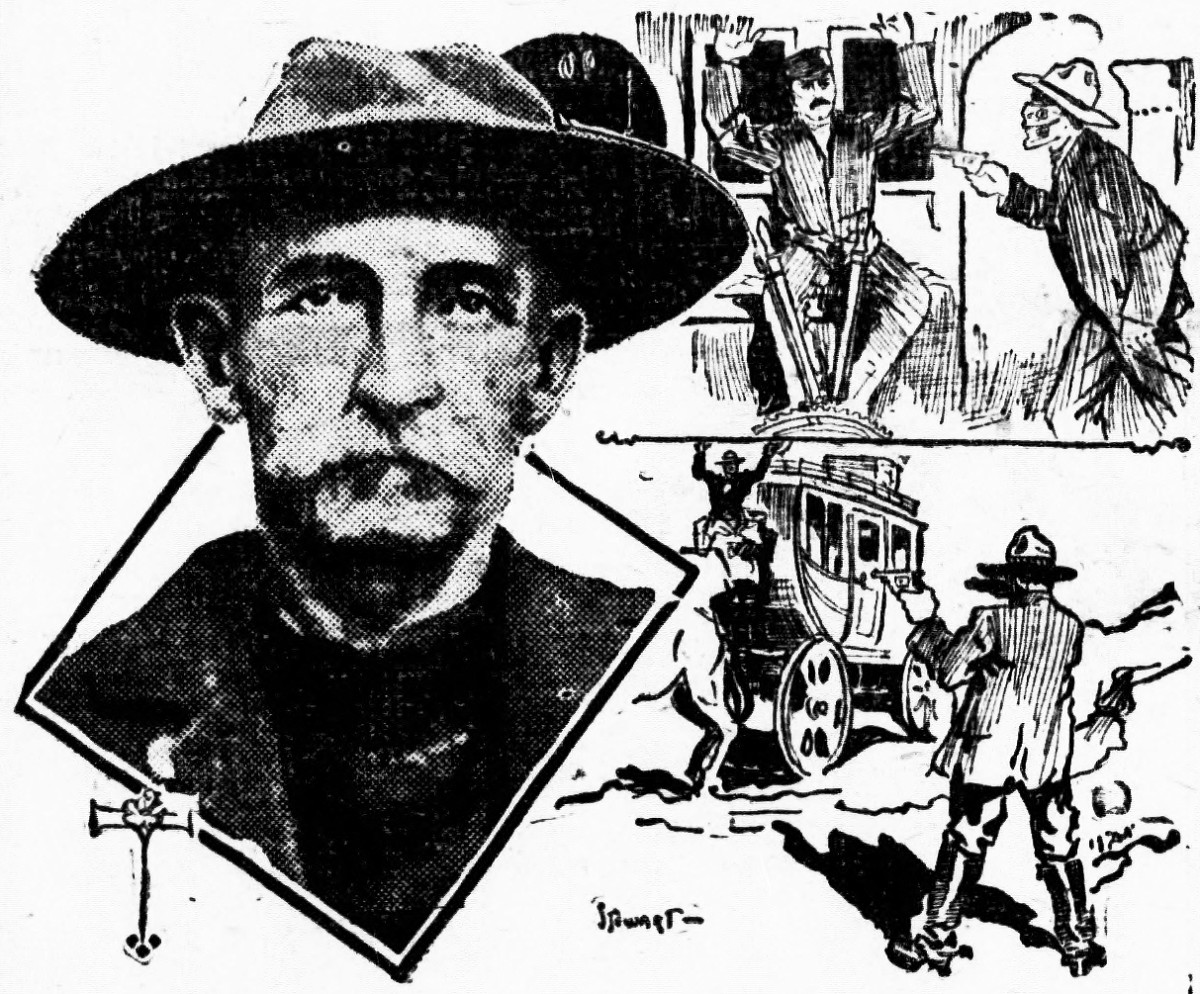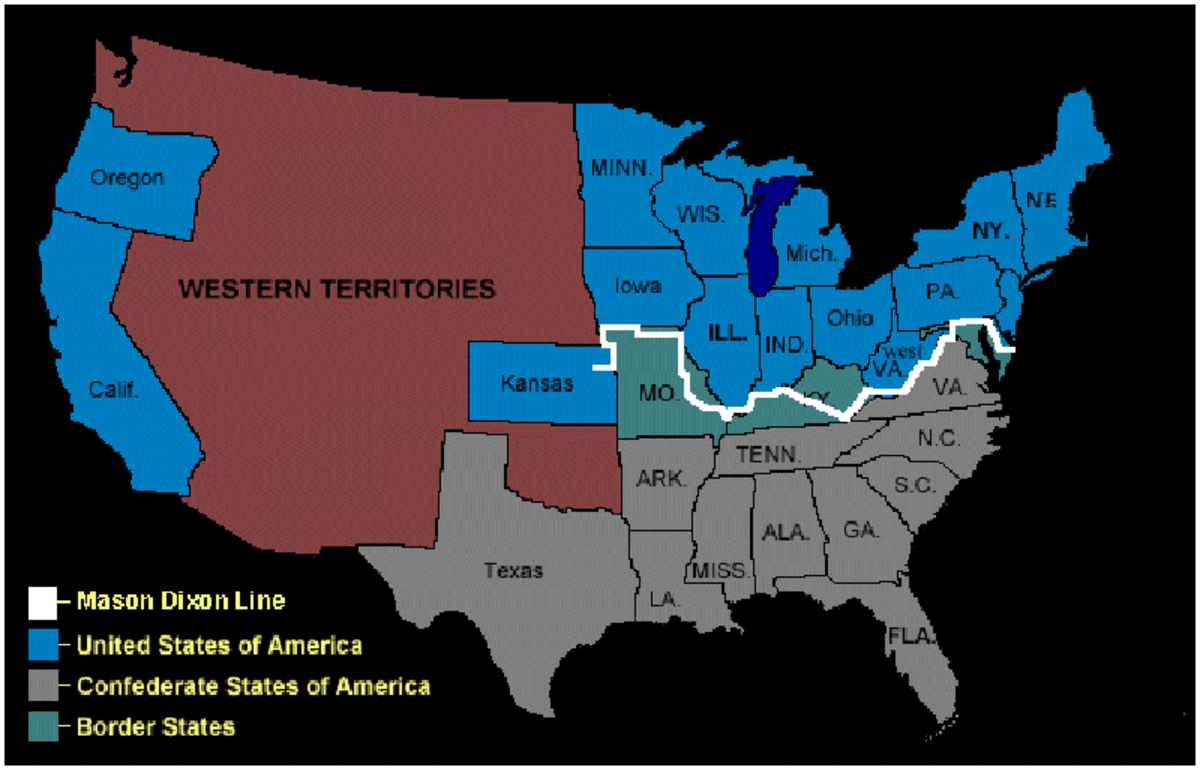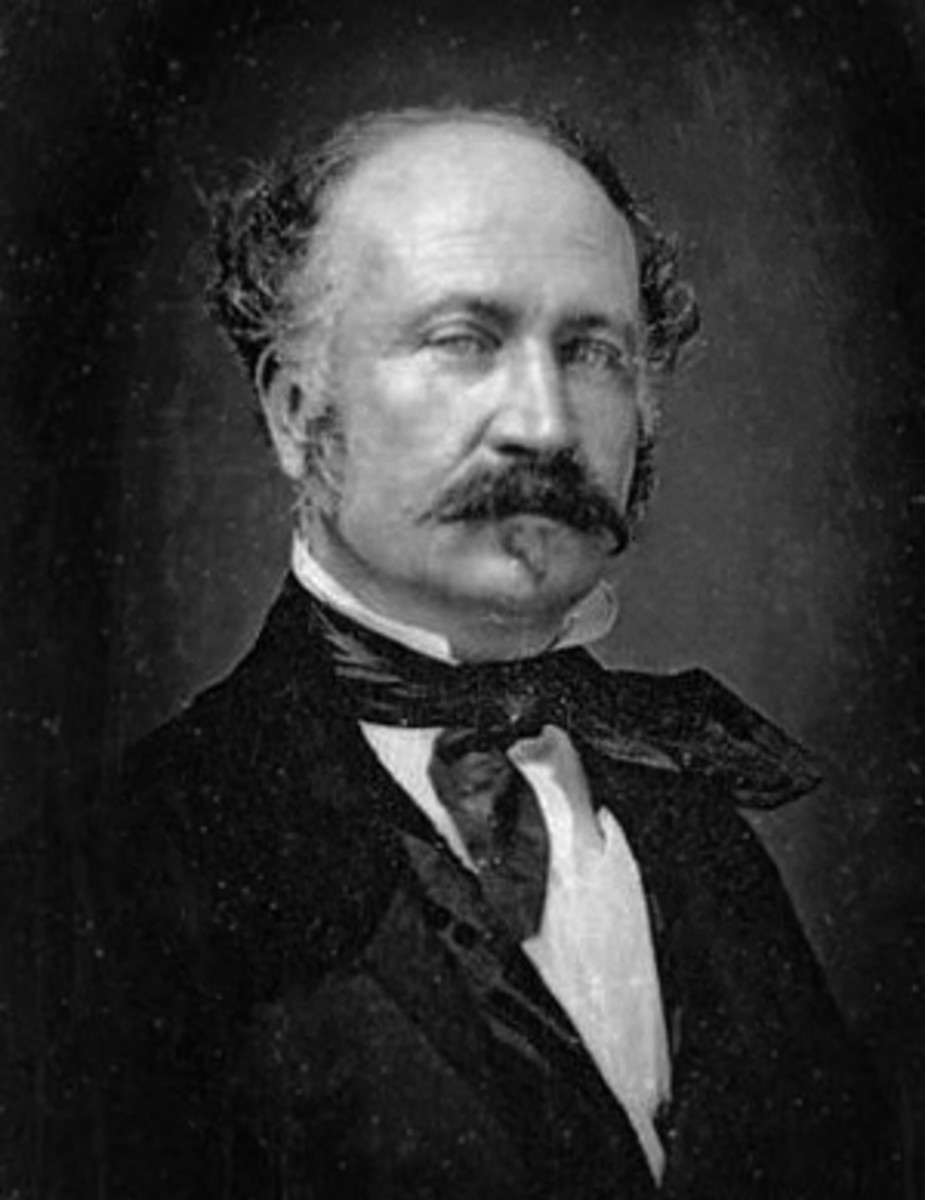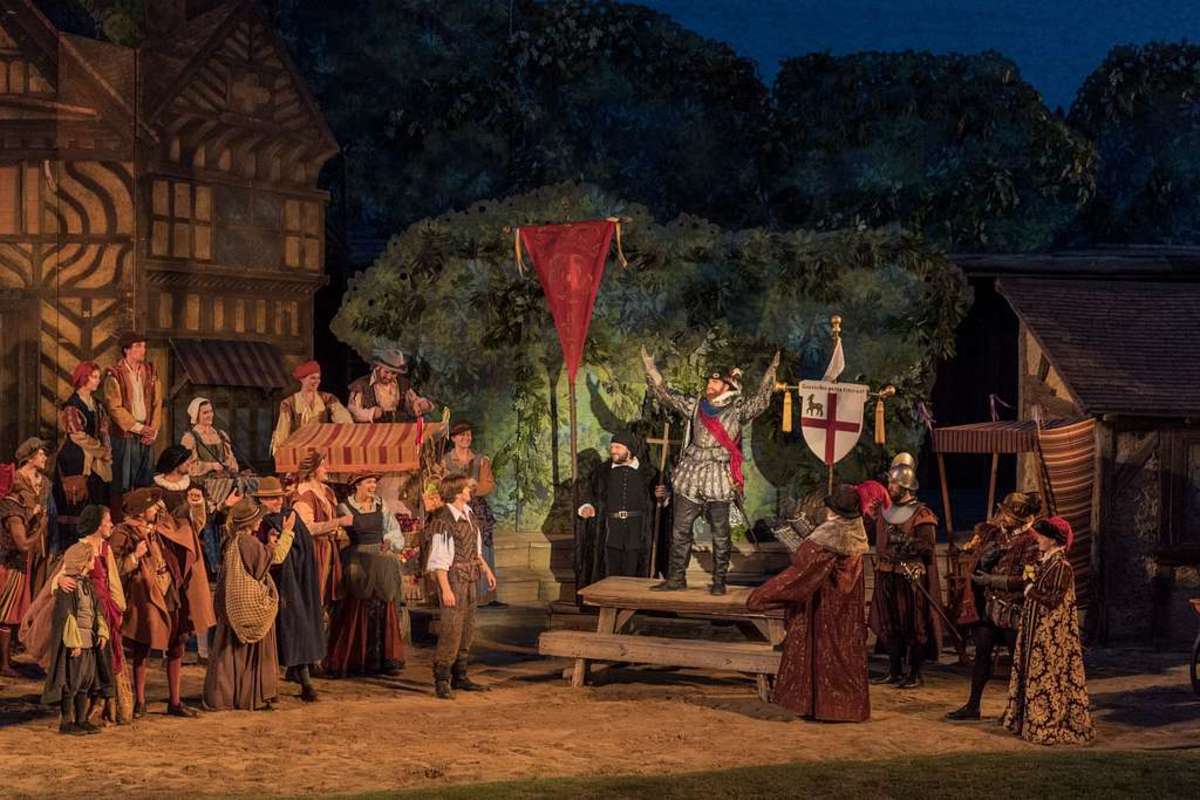- HubPages»
- Education and Science»
- History & Archaeology»
- History of the Americas
The Outlaw "Texas Jack" Story

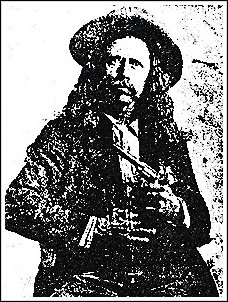
Nathaniel “Texas Jack” Reed was an Old West outlaw during the1880s and '90s in Indian Territory. Born in Madison County, Arkansas in March of 1862, Reed became a well known stage coach, bank and train robber. His father, Mason Henry Reed, was a Union soldier who was killed during the Civil War. His mother’s name was Sarah Elizabeth Prater.
In 1883, at the age of 21, he left home and traveled west taking various jobs in Idaho, Colorado, Wyoming and Texas. He finally settled in Oklahoma where he signed on as a ranch hand. While he was working there he was approached by the ranch foreman who felt he might be interested in being an accomplice in a train robbery he had been planning. With promises and the allure of fast, easy money he accepted the offer.
The job was pulled off successfully and Reed’s share of the loot was reportedly $6,000. That was the beginning of a life of crime which spanned nearly a decade. In the beginning he was a loner preferring to work by himself. However, later he began to team up with other known outlaws and at one time led his own gang.
Reed is perhaps best known for what became known as the Blackstone train robbery. The caper took place during the early 1890s, while he was living near Muskogee, Oklahoma. Word had leaked out a shipment of gold bullion would be leaving Dallas, Texas and Reed was determined to steal it. However, a job of that magnitude would be more than a one-man job, so he recruited three other known outlaws. They were: Buz Luckey; William “Will” Smith and Tom Root.
The gang collectively decided the best place to stage the robbery would be the Blackstone Switch at Wybark, Oklahoma. The day before the robbery was to take place the gang practiced each stage of the plan until they felt they had it down pat. Reed was to throw the switch as the train approached putting the train on a sidetrack. Dynamite would be used to blast their way into the express car. Root would then break open the strong boxes. Smith would guard the engineer and fireman and Luckey would keep the horses nearby for a speedy get-a-way.
But, despite all of their practice the robbery was doomed to fail from the beginning. The railroad knew a robbery attempt would likely take place and the train Reed’s gang had planned to hold up was a decoy. They had moved the gold bullion to another train. The only thing waiting for the bandits was a car full of guards.
Additionally, Reed botched the job from step one by throwing the switch too early. When the engineer saw the signal light change far short of the siding, he knew something was up. He stopped the train and alerted the guards by pulling the bell cord. He and the fireman then ran to hide in a small ravine.
Reed’s gang cautiously approached the express car and ordered the occupants to come out. When they refused, a gun battle erupted which lasted almost an hour. When one of Reed’s men was killed they abandoned the idea of getting into the express car and decided instead to go through the passenger cars and rob them. Once that was completed they jumped on their horses and fled. However, Reed was shot during the escape attempt and unable to keep up with his partners so they were forced to leave him behind.
Before parting their ways they split the loot and Reed took cover under a rock ledge and lay on a blanket until his partners in crime could return and help him. While he was waiting an Indian woman stumbled across his hiding place and stayed to care for him.
Meanwhile, a reward of $250 had been posted for the arrest and conviction of each member of the gang. A massive manhunt was launched and U.S. marshals and deputies scoured Indian Territory searching for any sign of the elusive outlaws.
After burning a field, which was considered legal in manhunts at the time, a deputy found the burnt remains of Reed's saddle. Concluding Reed must still be in the area he threatened to burn the crops of local residents if they didn’t reveal the gang’s whereabouts. Apparently no one knew. Reed had already learned of the search and left the territory. He was holed up in Seneca, Missouri while he waited for his wounds to heal.
Later in February 1895, Reed showed up in Madison County, Arkansas where he stayed with a brother. After the Blackstone fiasco, Reed decided life as an outlaw wasn’t all it was cracked up to be. From then on he vowed to live life on the straight and narrow.
He wrote to Judge Isaac Parker, agreeing to testify against the man who planned the robbery, who he claimed was Smith, in exchange for probation. Parker agreed to the terms. Smith and Root were both later tracked down near Tulsa, Oklahoma by lawmen and killed in a gunfight on December 4, 1894.
Despite Parker's promise he reneged on the deal and sentenced Reed to five years in prison. However, shortly before his death Parker granted Reed his parole after serving less than one year. Reportedly, Reed carried the signed parole around with him for years afterwards.
Ironically, during his brief prison stay, Reed apparently “got religion.” He became an evangelist preacher. He also joined up with several Wild West shows touring the country and published his memoirs, The Life of Texas Jack, in 1936. He died at his home in Tulsa, Oklahoma at the age of 88 January 7th, 1950 and was buried in St. Paul, Arkansas.

